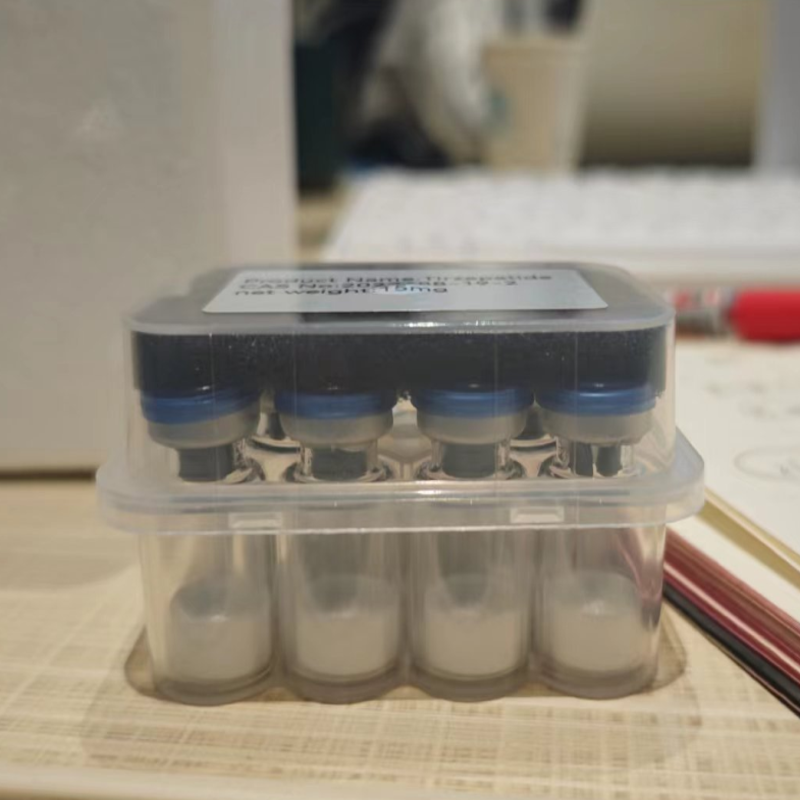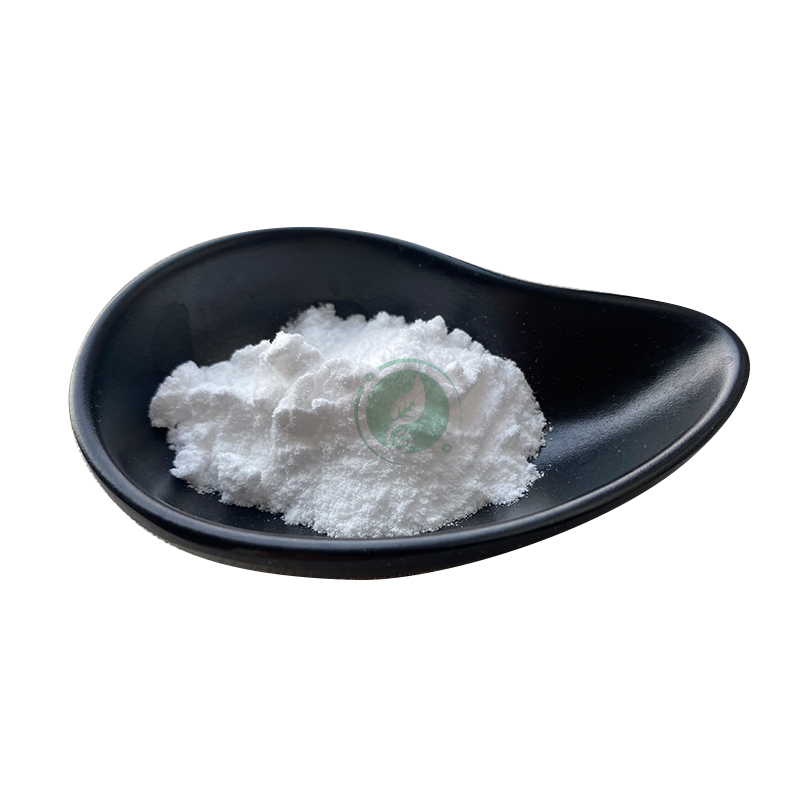Chinese scientists find human health 'regulator' in microflora
-
Last Update: 2020-07-04
-
Source: Internet
-
Author: User
Search more information of high quality chemicals, good prices and reliable suppliers, visit
www.echemi.com
reporter recently learned that by the Shanghai Jiaotong University Institute of Systems Biomedical Research and other 5 domestic and foreign scientific research and medical institutions composed of scientists, after three years of joint research, in the intestinal flora and humanhealthresearch has made important progressThe researchers analyzed the intestinal microbiome composition and metabolic characteristics of seven members of a chinese family of four, and identified some important bacteria in the gut that are involved in the body's metabolic processThe results of the study have been published in the Proceedings of the National Academy of Sciences, an international authoritative academic journalThe trillions of bacteria that live in the human gut are collectively referred to as "intestinal flora" and are inextricably linked to the human bodyThe composition of the intestinal flora affects everyone'shealthIt has been found that the structural disorder of intestinal flora is related to theof diabetes, obesity and many otherdiseasesdiet, drugs, and environmental factors can affect the composition of individual intestinal floraIntestinal flora can participate in many metabolic processes in the body, but it is not well understood what bacteria play an important role and which metabolic pathways are affectedBecause it is difficult to observe the subtle interactions between the human body and the flora in a living human bodyOn the one hand, the intestinal flora is large, diverse, and the vast majority have not yet been cultured by humans, on the other hand, the quantitative testing of large amounts of metabolites in human urine is also a technical problemIn recent years, the development of technology from genome to metabolomics has provided new means to solve these problems Scientists from five scientific research and medical institutions, including shanghai Jiaotong University Institute of Systems Biomedical Research, of the First affiliated Hospital of Zhejiang University, Imperial University of Technology, The National Human Genome South Research Center and wuhan Institute of Physics and Mathematics of the Chinese Academy of Sciences, formed a multidisciplinary cross-disciplinary research team Using genomic techniques, the researchers thoroughly described the composition of the gut flora of the seven Chinese family members and found that although they belonged to the same family, their genetic backgrounds were related to each other and their living environment was similar, each individual still had its own unique intestinal flora structure characteristics It was also found that there were significant differences in the structure of the intestinal flora in Chinese and those in the United States, suggesting that differences in intestinal flora must be considered in addition to genetic differences when comparing the risk of of various diseases in both countries At the same time, the researchers used metabolic group techniques to analyze the composition of metabolites in human urine, and initially found a significant correlation between certain bacteria in the gut and certain metabolites in the human urine, indicating that these gut bacteria are particularly important for human health For example, a "friendly" bacterium commonly in the human gut that belongs to the thick-walled clostridium difficile is associated with eight metabolic substances in the body, suggesting that the bacteria plays an important role in the host's multiple metabolism The new findings offer a big step toward understanding how different gut bacteria affect the body's metabolic processes in the future, such as how to convert food into energy and how to keep cells alive In the future, people can also use molecular markers of the structure of intestinal flora to diagnose the degree of normal or deviation of human metabolism, and drugs targeting intestinal bacteria can be invented to correct the structure of the disordered flora and treat a variety of diseases (Xu Min)
This article is an English version of an article which is originally in the Chinese language on echemi.com and is provided for information purposes only.
This website makes no representation or warranty of any kind, either expressed or implied, as to the accuracy, completeness ownership or reliability of
the article or any translations thereof. If you have any concerns or complaints relating to the article, please send an email, providing a detailed
description of the concern or complaint, to
service@echemi.com. A staff member will contact you within 5 working days. Once verified, infringing content
will be removed immediately.







